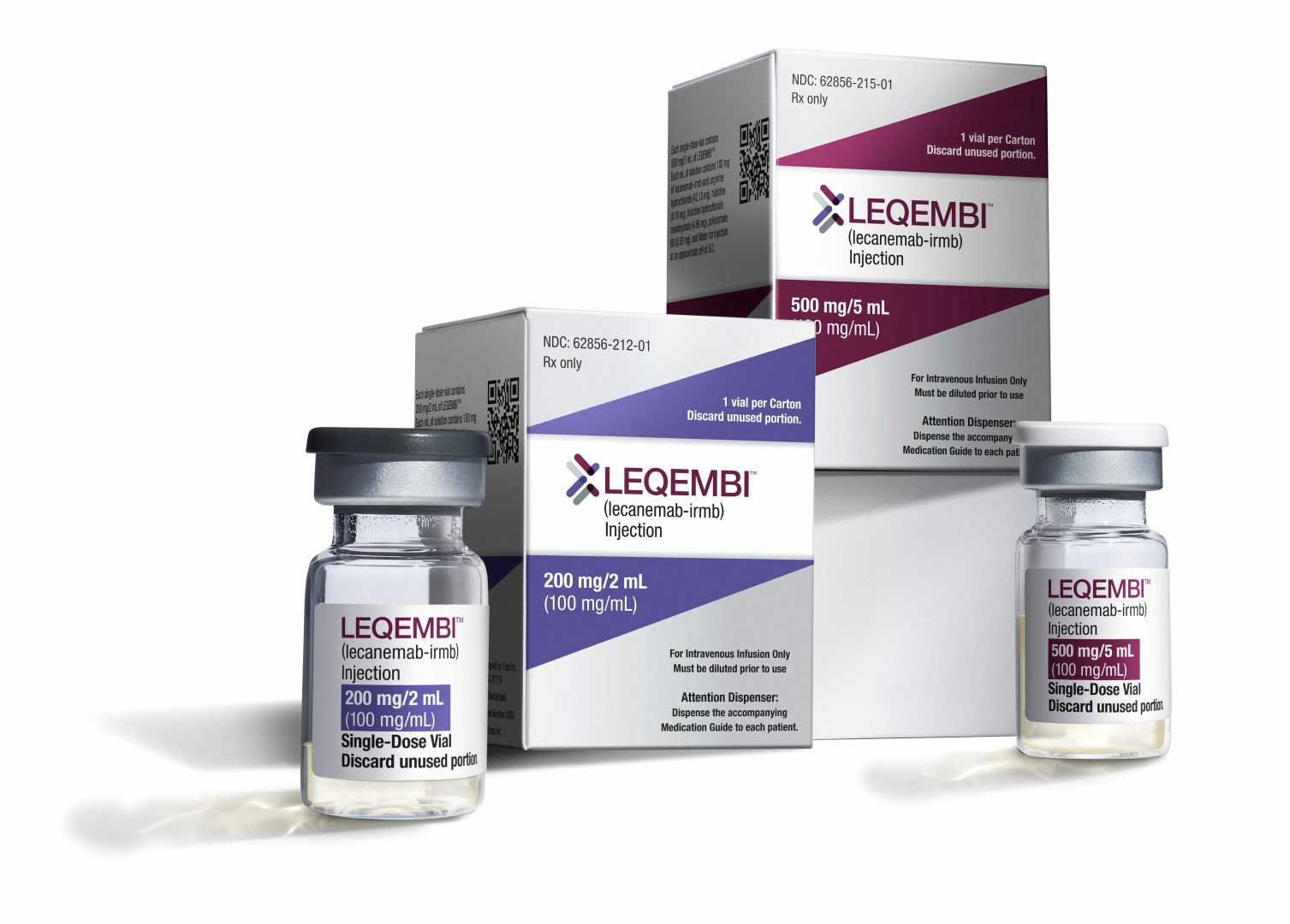News
TGA Rejects Registration of Alzheimer’s Drug Lecanemab Due to Safety Concerns

The Therapeutic Goods Administration (TGA), the regulatory body responsible for approving medications in Australia, has decided not to register Lecanemab, a drug designed to treat Alzheimer's disease. This decision comes despite the drug’s approval in countries such as the United Kingdom and the United States, following trials that demonstrated it could slow cognitive decline by approximately 25% to 33%.
Dr Emer MacSweeney, who led the UK trial of Lecanemab, highlighted the significance of the drug as a potential disease-modifying treatment for Alzheimer’s, the most common form of dementia. “Any medications that can slow this process and also which herald the beginning of a new era of other new medications designed to be possibly able to stop this disease in its tracks is very big news,” MacSweeney stated. However, she also acknowledged the adverse effects associated with the drug, including amyloid-related imaging abnormalities (ARIA), which could be fatal.
According to the TGA, the decision was based on safety concerns. “The demonstrated efficacy did not outweigh the safety risks associated with the use of this medicine,” the TGA noted in its statement. A significant factor in the decision was the frequent occurrence of ARIA among patients. Eisai Australia, the sponsor of Lecanemab, intends to challenge this decision.
The Lecanemab situation is reminiscent of a decision by the European Medicines Agency, which also refused market authorisation in July. The agency cited concerns that “the benefits of treatment are not large enough to outweigh the risks.” Some serious side effects in trials included significant brain bleeds requiring hospitalization.
Lee-Fay Low, a professor from the University of Sydney, has expressed disappointment with the TGA’s decision, noting the potential benefits of the drug for individuals with mild cognitive impairment or early-stage Alzheimer’s. She emphasized the importance of a public health approach to dementia prevention through lifestyle modifications, such as exercise and cholesterol management.
Dementia Australia CEO Professor Tanya Buchanan also commented on the impact of the decision, noting that it deprives Australians of choosing Lecanemab as a potential treatment. “Lecanemab is not a cure and is not for all people with a diagnosis of Alzheimer’s disease. Like many medicines, it also comes with some significant risks,” she remarked.
Buchanan acknowledged the setback but emphasized ongoing research into Alzheimer’s and dementia. “There are currently more than 100 clinical trials of medicines to manage dementia happening globally,” she mentioned, encouraging continued investment in memory clinics, early diagnosis, and post-diagnosis support.












